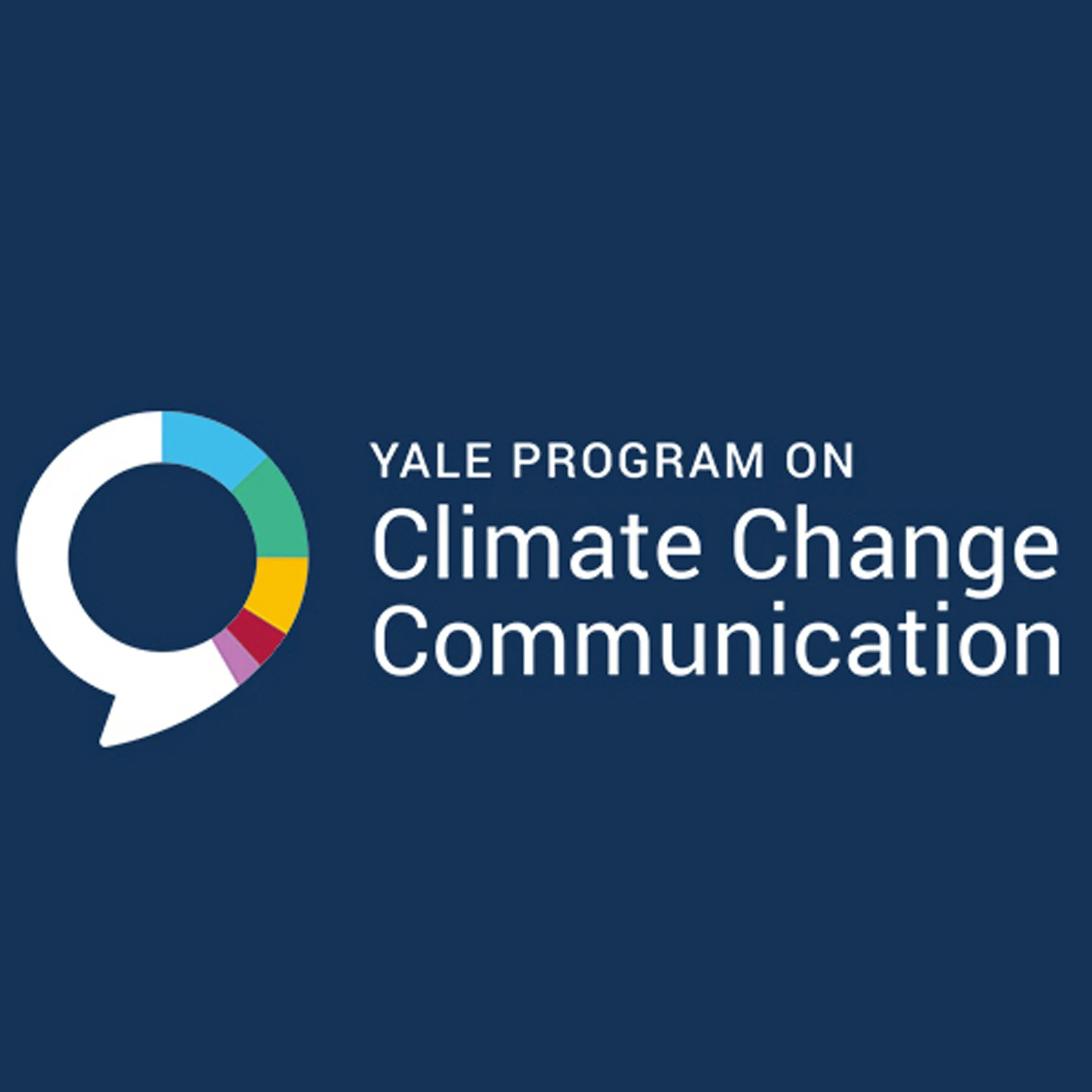How does a changing climate affect our minds, brains & bodies? - Highlights - CLAYTON ALDERN
/Neuroscientist turned Environmental Journalist
Author of The Weight of Nature: How a Changing Climate Changes Our Minds, Brains, and Bodies
I want to be wowed by the world. I want to gaze at it in awe and wonder. And I think when we take a step back and begin to appreciate the complexity of the interactions around us. We're taking note of a very porous between the self and the rest of the world. We are literally observing our enmeshment in our environment. And it's that kind of a reference frameshift that I think is going to help us move out of some of the darkness. My mother is an artist, and I think growing up surrounded by her practice exposed me to the creative process and is probably that which afforded me a certain sympathy for those tools and those modes of exploring the world later in life.



